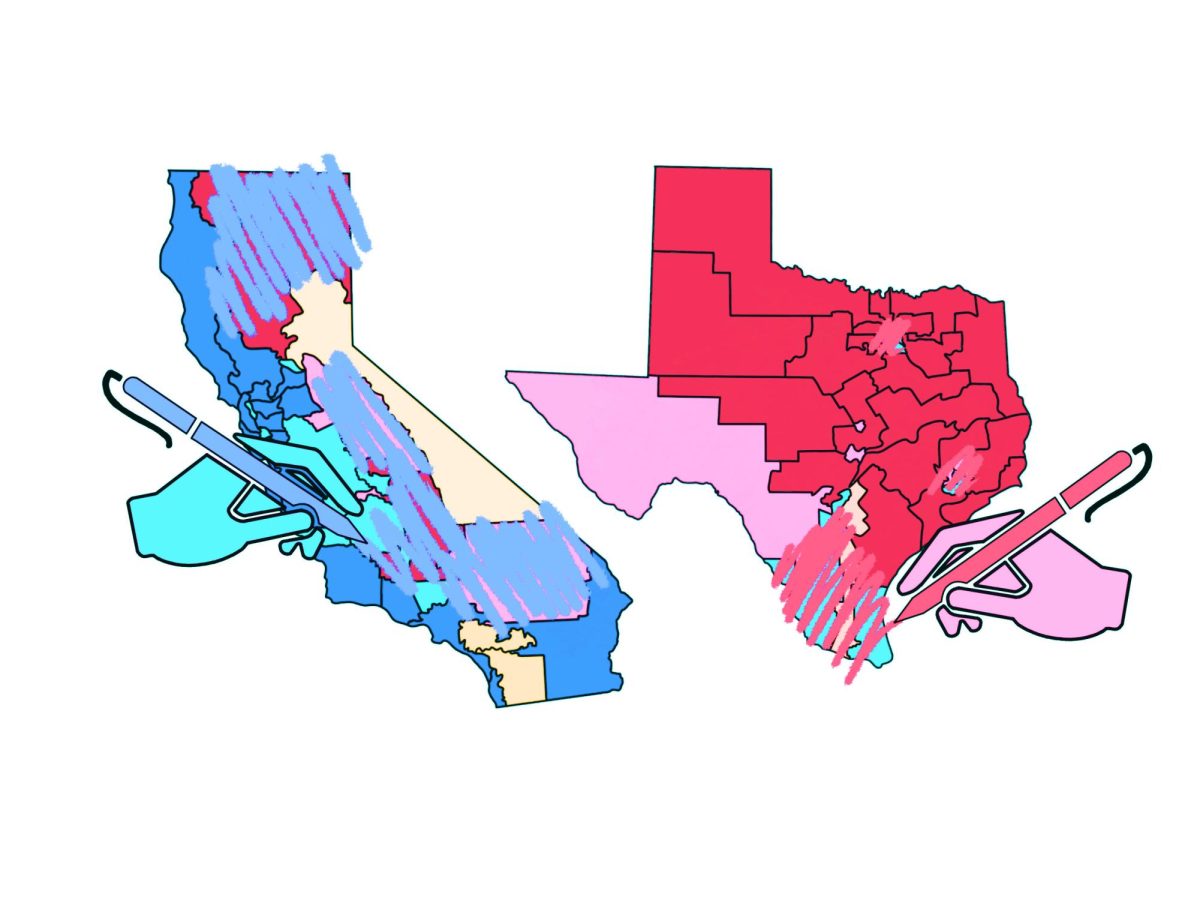As technology continues to develop at an exponential rate, the line between a child’s autonomy and a parent’s duty to ensure the safety of their kid gets blurred.
At the same time, with exposure to technology addiction, cyberbullying and inappropriate content, younger generations are constantly at risk of danger.
Despite these issues, father and son duo Computer Science Department Chair Kurt Tholking and junior Jack Tholking believe they have found a healthy balance between safety and independence.
Mr. Tholking believes to effectively manage a child’s online activity, parents should be fully informed about the apps and technology their kids are using.
“If they don’t understand the capabilities or consequences of a certain app,” Mr. Tholking said, “that’s where we [the Computer Science Department] try to educate the parents, and there are plenty of tools online for parents as well to look at these things and get up to speed.”
Mr. Tholking believes he is aptly preparing his two sons for the digital world, communicating risks along the way as they earn additional online privileges.
“We’ve had conversations as parents, regardless of working here and being a computer science teacher, my wife and I have had conversations,” Mr. Tholking said. “This is part of the process of having a phone, so we absolutely had conversations about what’s right and wrong. And then, knowing what we teach here with digital citizenship in Middle School, so kind of a combination of both.”
Like many families, the Tholkings use keep track of family members’ locations with the aid of technology, specifically the FindMy app.
While children are not always happy with being tracked, Jack is comfortable having his location occasionally checked.
“Most of the time, I’ll just let them know where I’m going beforehand, and because they trust me, I’ll just go where I tell them I’m going, and they know that I’m going there,” Jack said. “So there hasn’t been a real need for tracking apps that much.”
While Jack has FindMy, he has heard his friends’ experiences of Life360, which tracks a car’s speed when driving. He believes that this form of tracking is unnecessary.
“In order for the child to drive, they have to have passed not only their driver’s permit, but also their driver’s license test, so the child should know how to drive,” Jack said. “Essentially it’s not up to the parent to micromanage; it’s up to the police to watch the roads.”
Jack believes that apps like Life360 can hinder a child’s development.
“There’s no real sense of being independent,” Jack said. “You know that your parents are always watching you or they have the option to just click a button, and they can see exactly where you are and know exactly what you’re doing.”
Jack believes in learning through experience and real-life consequences as opposed to being punished by parents.
“Don’t put life 360 on your child’s phones,” Jack said. “Don’t set a bunch of screen limits or block a bunch of websites. Eventually, they’re gonna have to learn the hard way.”
While Mr. Tholking agrees, he believes that the decision to install tracking apps is a case-by-case decision.
“Let the boys explore and find what works for them that falls within the parents expectations,” Mr. Tholking said. “And again, it’s different for every family. Grades come into factor for some families, other activities, sports and other things. There are a lot of different variables for each family. So I think the boys should have freedom to make some choices, which includes freedom to fail, but there should be some oversight by the parents.”








